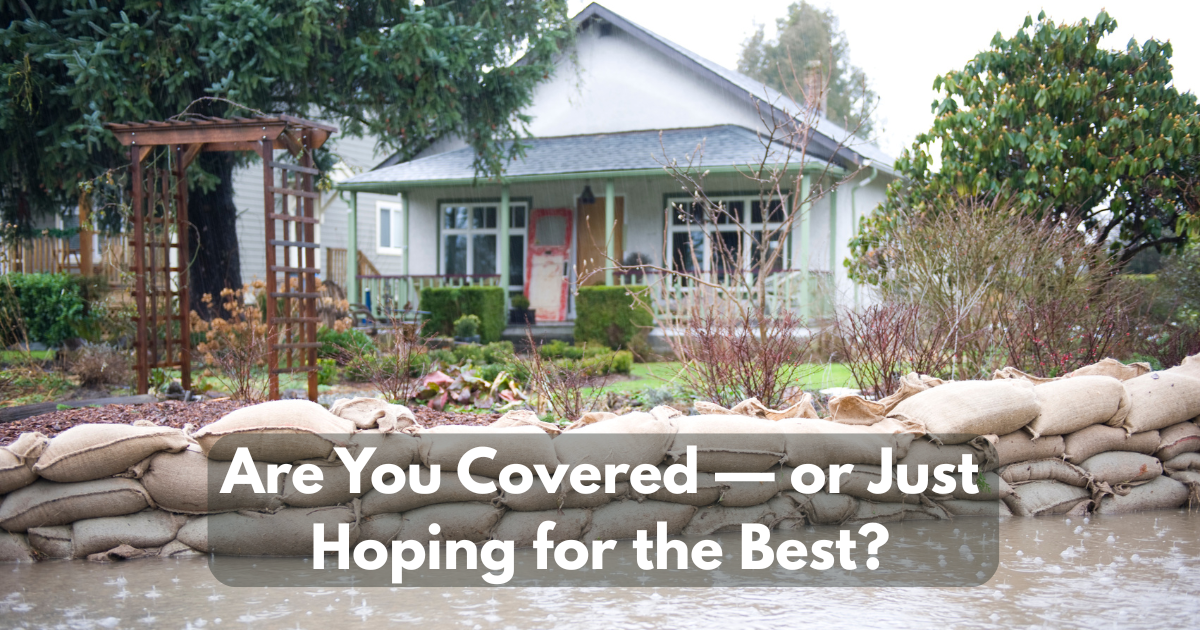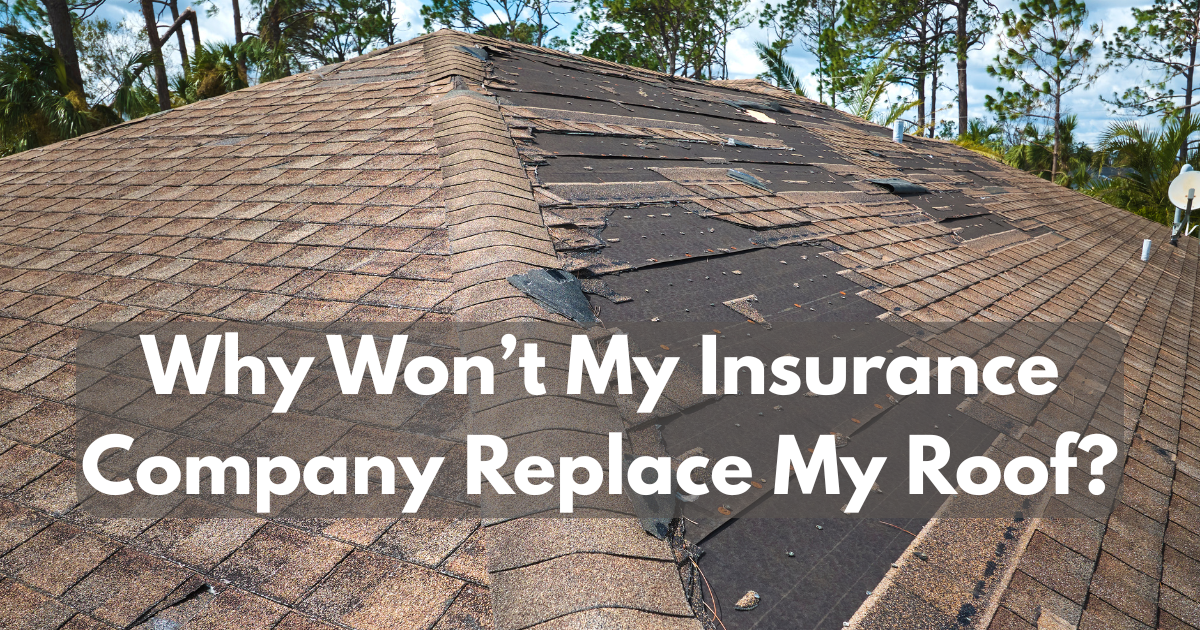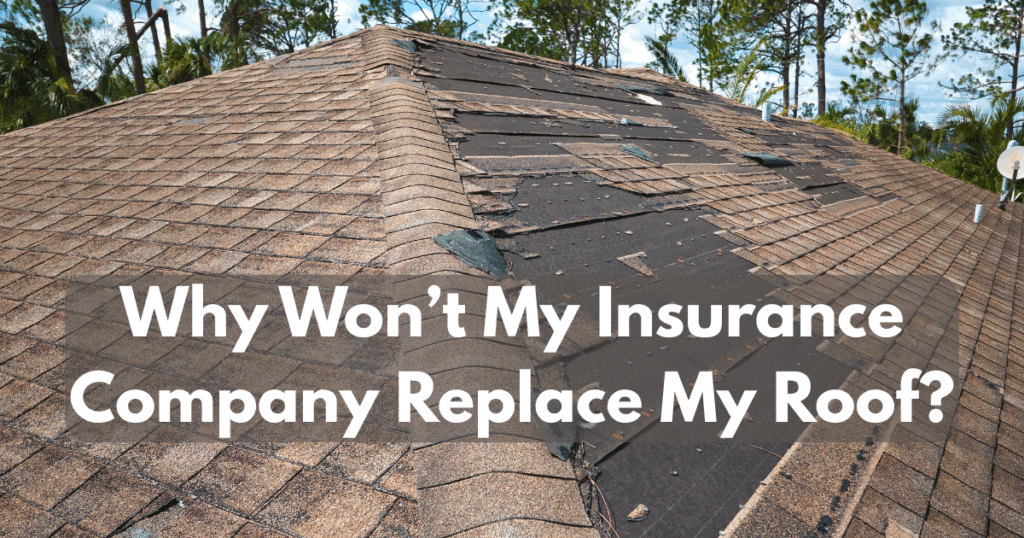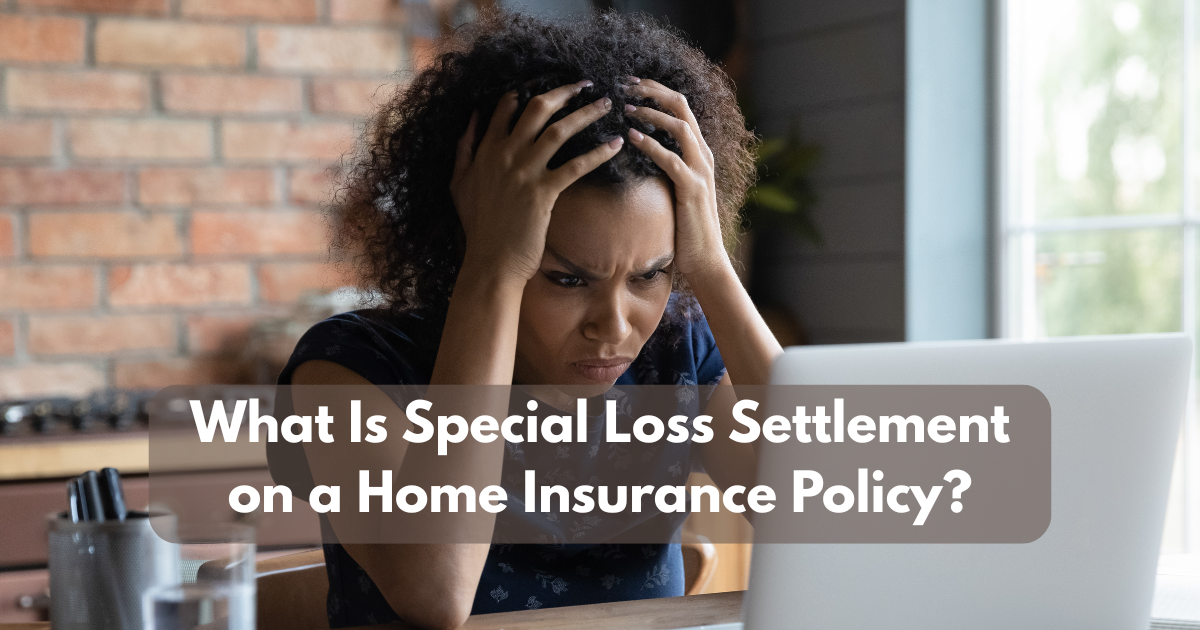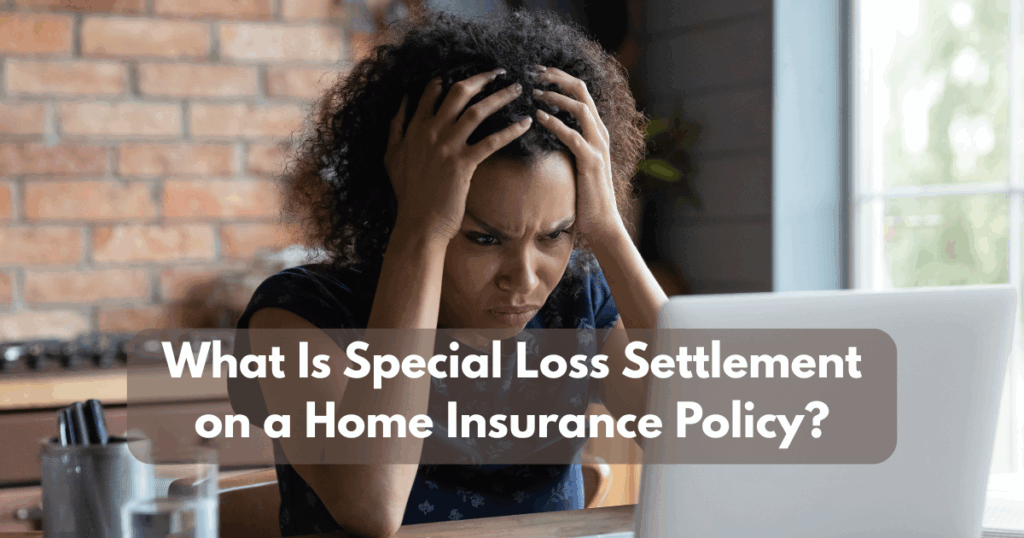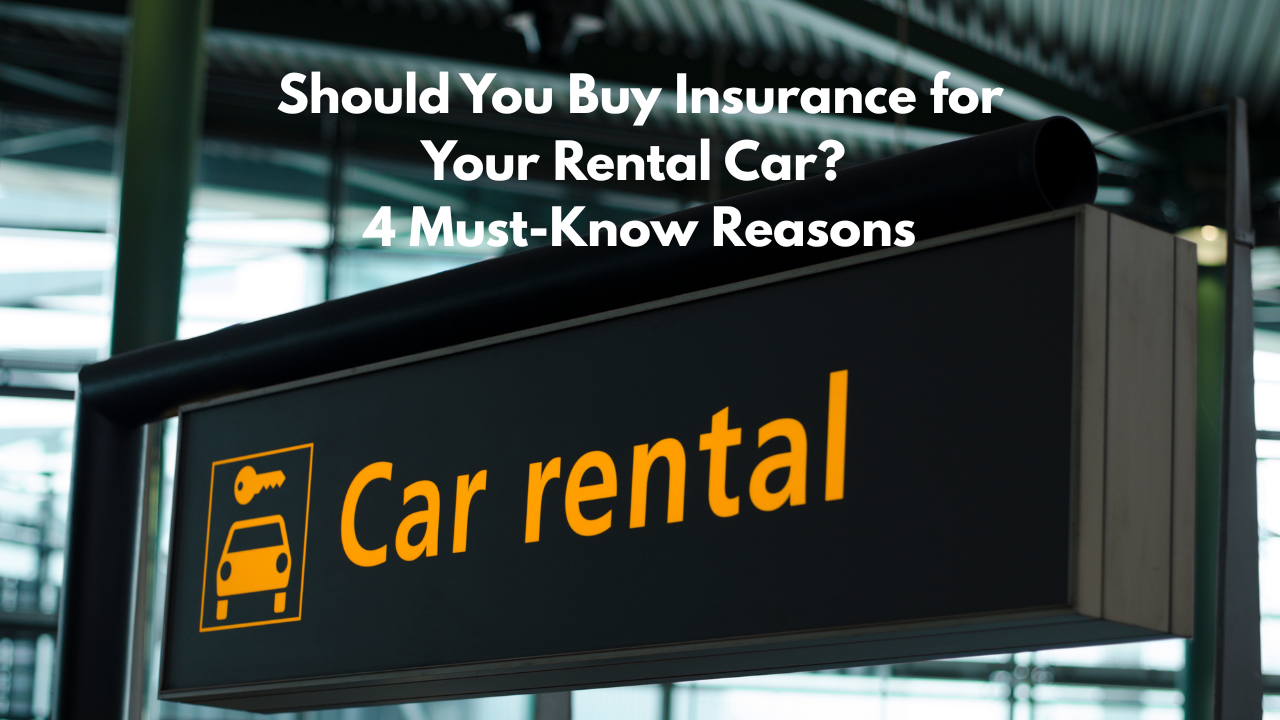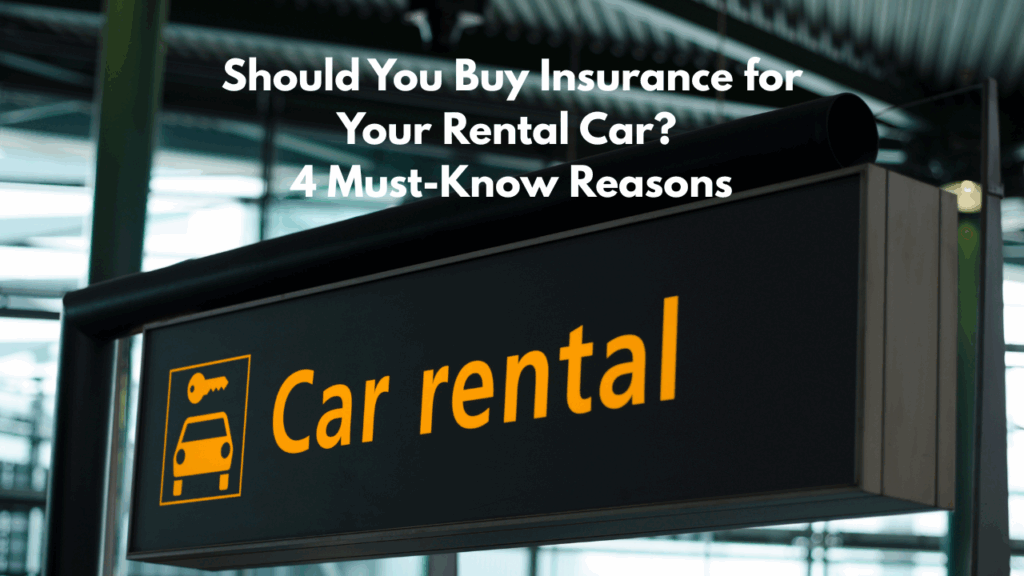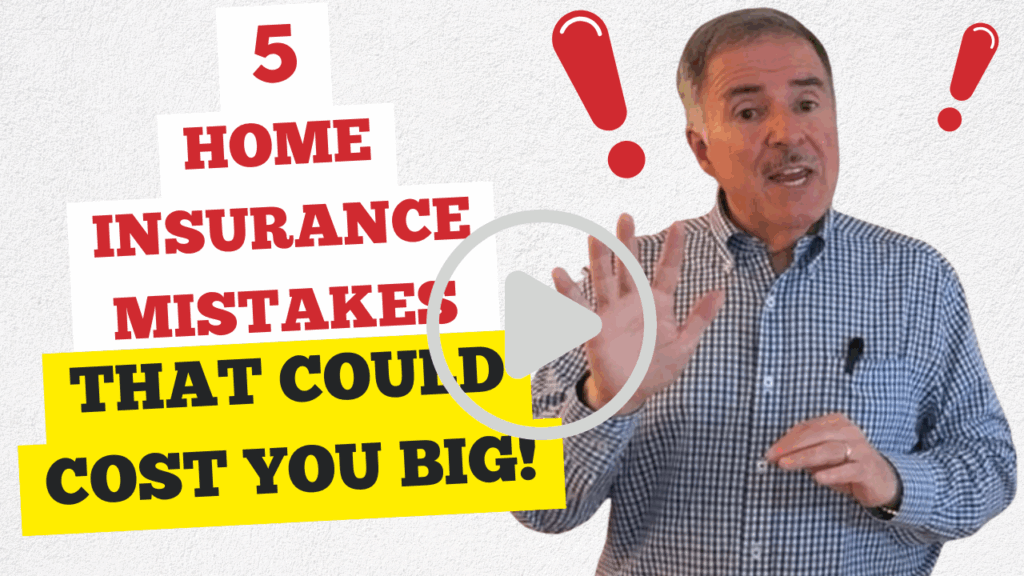Insurance Reality Check: Closing Flood Gaps and Tackling Soaring Premiums
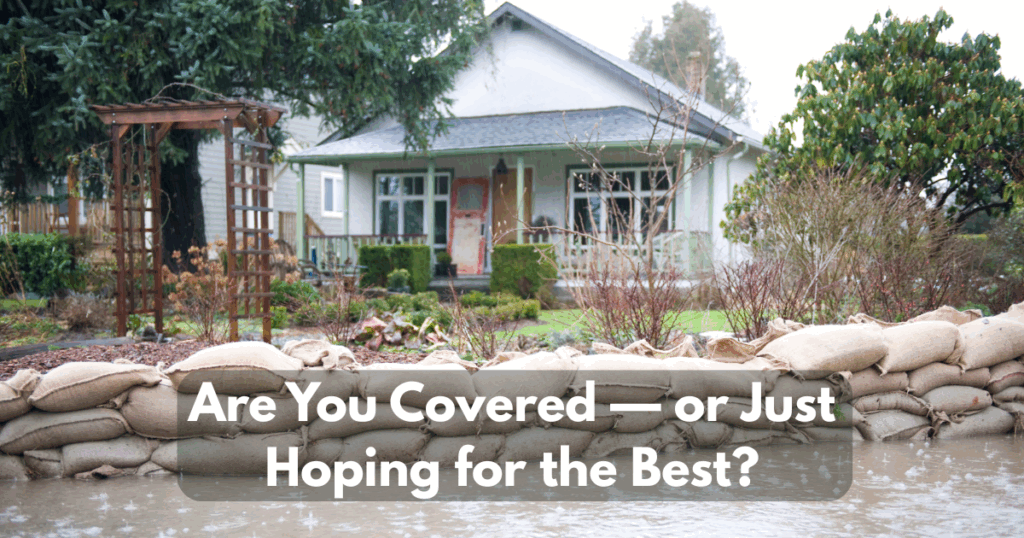
Do you know exactly what your policy would – and wouldn’t – pay for if disaster struck tonight?
Has your latest renewal bill jumped so high you’re questioning whether you can afford to stay put?
In this post we’ll demystify two mounting threats to American homeowners – hidden flood-coverage gaps and rapidly rising premiums – so you can protect your biggest asset before the next storm or statement arrives.
You’ll see why standard policies ignore the nation’s most common catastrophe, what’s really pushing rates up, and the practical moves smart owners use to stay covered without overpaying. (The conversation is inspired by Lew Sichelman’s “The Property Insurance Conundrum” in Banker & Tradesman.)* (Banker & Tradesman)
1 | The Flood Gap Most People Miss
Low-risk ≠ No-risk
Only 3.3 percent of U.S. homeowners carry a National Flood Insurance Program (NFIP) policy, yet almost one-third of all NFIP claims originate outside FEMA’s high-risk zones. (FloodSmart, FloodSmart) In other words, your address can be labeled “moderate” and still wind up under water.
Why your homeowners policy won’t help
Standard coverage pays for fire, theft, wind, hail and liability – but not for water that first touches the ground. Just one inch of floodwater can rack up $25,000 in repairs to flooring, drywall, wiring and HVAC – all on your dime if you have no separate flood policy. (FEMA)
Who should look again at flood insurance
- Homes near any creek, pond or storm drain
- Finished basements or ground-level living space
- Areas with heavy rain, rapid snowmelt or recent development that speeds runoff
Preferred-risk NFIP policies often start below $500 a year, and many private carriers now compete with broader coverage or higher limits. (Remember: most policies carry a 30-day waiting period, so you can’t buy protection the night before a storm.)
2 | The Premium Pinch Hitting Every ZIP Code
Numbers that turn heads
- 90 percent of owners saw premiums rise in the past two years, and 57 percent say if costs keep climbing they may have to move. (MBA Newslink)
- 1 in 7 owner-occupied homes – 11.3 million properties – are now completely uninsured, many because the price feels out of reach. (LendingTree)
Six forces driving rates higher
- Record catastrophe losses (wildfire, hurricane, derecho) deplete carrier reserves.
- Reinsurance costs – insurers’ own insurance – have spiked, and the bill rolls downhill.
- Construction inflation makes every claim costlier (lumber, copper, labor).
- Tech-filled houses mean pricier contents and smart-home systems to replace.
- Litigation hot spots push carriers to raise rates or exit entire states.
- New climate-aware risk models re-rate formerly “safe” neighborhoods.
3 | Six Proven Ways to Keep Coverage Affordable
- Annual independent market check – carriers react differently; switching can save hundreds.
- Adjust deductibles – raising a $1,000 deductible to $2,500 often trims 5-12 percent (keep an emergency fund).
- Bundle home, auto and umbrella – multi-policy discounts still knock 10-25 percent off.
- Harden your home – impact-resistant roof, leak-sensing shut-off valves or wildfire-wise landscaping win sizable credits.
- Claim clean-up – small, preventable claims can haunt you for five years; fix what you can out-of-pocket.
- Document upgrades – new roof or wiring? Send photos and receipts to your broker mid-term for an immediate rate review.
4 | Dropped or Non-Renewed? Act Fast.
- Call your insurance broker the day the letter arrives – you often have 45-60 days to remedy issues.
- Get the carrier’s written reason – a quick roof repair or tree trim may restore eligibility.
- Shop surplus-line and state “last-resort” markets to avoid a dangerous coverage lapse.
- Keep proof of mitigation – photos of upgrades and inspection reports help negotiate your next quote.
5 | Why “Self-Insuring” Is Rarely Safe
A moderate house fire averages over $320,000 for structure and contents, and liability suits can hit seven figures. Mortgage lenders will also force-place coverage at two-to-three times normal rates if you let a policy lapse. Unless you can write a six-figure check tomorrow, dropping insurance is gambling with your future.
6 | Key Takeaways
- Flood is America’s most common disaster, yet standard homeowners policies exclude it.
- Premium pressure is real, driven by climate, reinsurance and rebuilding costs.
- You’re not powerless: shop annually, harden your home and close flood gaps before the next headline hits.
Ready for a true policy check-up?
Vargas & Vargas Insurance is an independent agency that works for you, not the carrier. We compare dozens of companies, uncover every discount, and explain in plain English what’s covered, what’s not, and what it will really cost to fill the gaps – flood included.
👉 Click here to schedule your free, no-pressure coverage review today.


